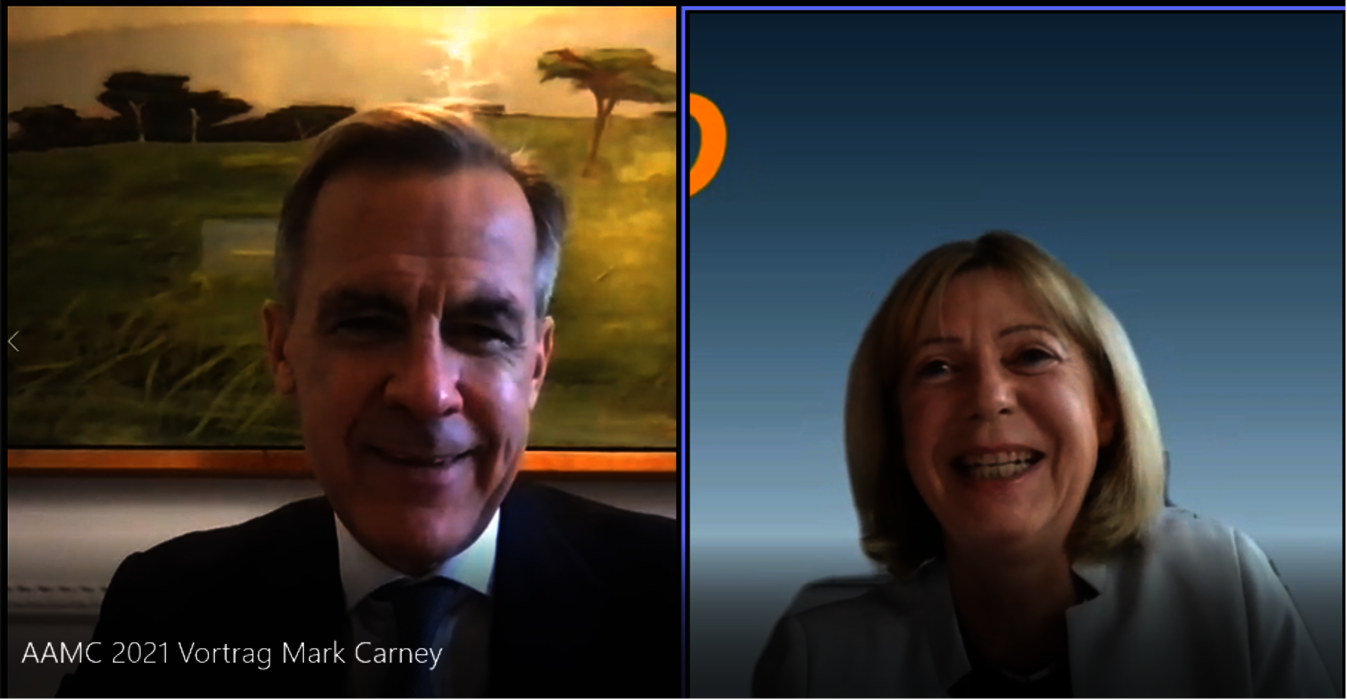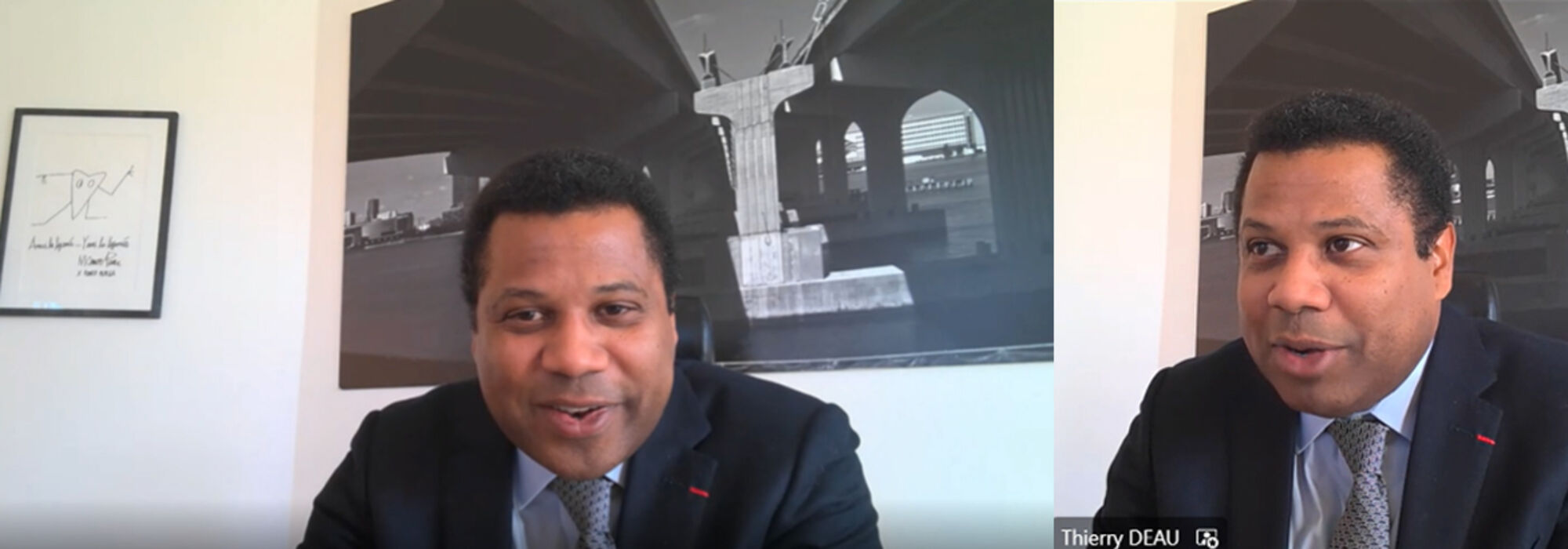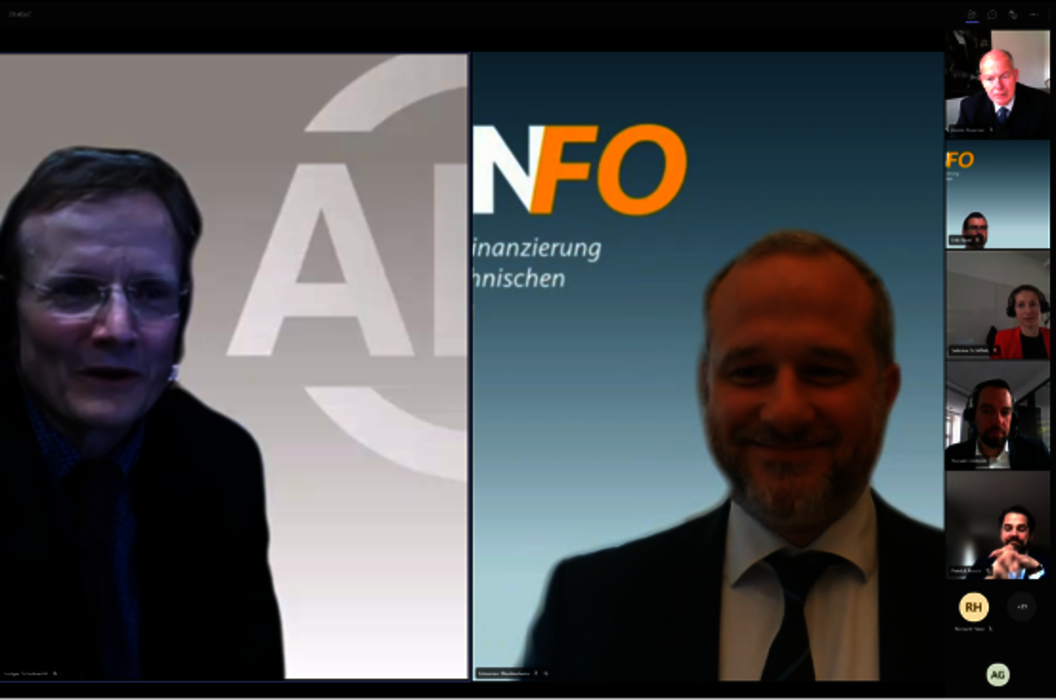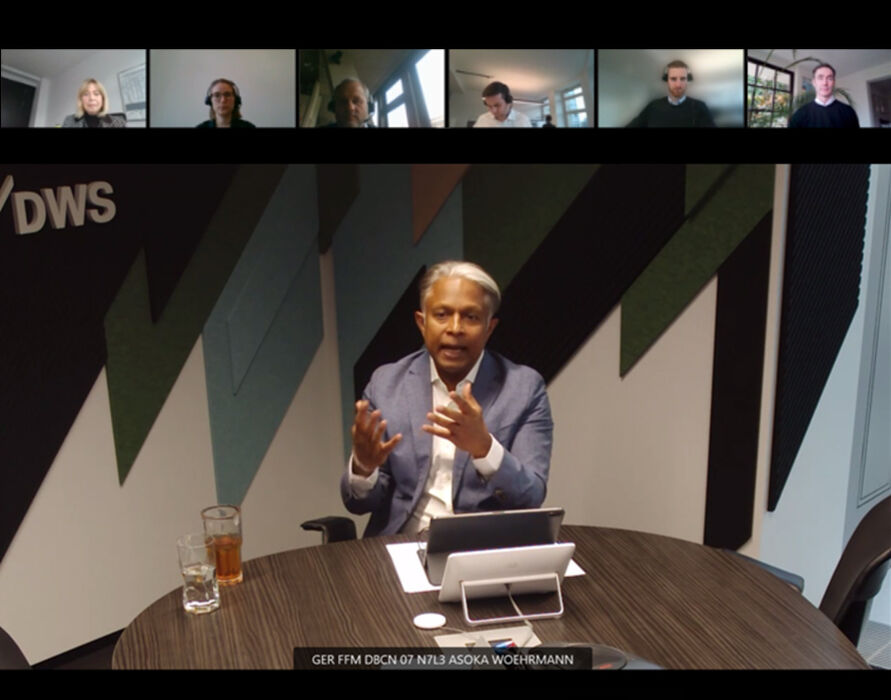Having a financial system where every decision takes climate change into account.
What do we need to achieve at COP26? Which coordinated international actions to tackle climate change are realistic?
The first presentation to KENFO’s Annual Asset Manager Conference and keynote address was delivered by Mark Carney, UN Special Envoy on Climate Action and Finance and former Governor of both the Bank of England and the Bank of Canada. Mark Carney is also the Prime Minister’s Finance Advisor for COP26, taking place in Glasgow immediately after KENFO’s Annual Asset Manager Conference from October 31 until November 12, 2021.
The UN Special Envoy described his assessment on the current situation as glass half full: part of the positive are the changes that are happening in the financial sector and, another positive is that finally the logic of the Paris Agreement is arriving at the country level. Commitments have to be backed up by ambitious and credible climate policies, because the more policy has credibility and predictability the more the financial sector will put money to work in anticipation of those policies creating a virtuous cycle of large scale investment, faster decarbonization, more jobs and faster growth. His core and simple message for the governments is that the money for ambitious climate action is coming into place and the financial sector is being transformed. The net zero principles become an organizing principle that cascades down to the company level and is now moving into the financial sector, to the end of having a financial system on which every decision takes climate change into account. The objective has also been to make global climate related financial disclosure mandatory and for this purpose a new standards board would be formally announced in Glasgow, the International Sustainability Standards Board (ISSB) to be headquartered in Frankfurt Germany, with another office in Montreal. The ISSB intends to produce a climate disclosure standard based on existing standards of the TCFD by the middle of next year.
Mr Carney explained that COP also was to bring climate risk management into the heart of finance: using the Network of Central Banks and Supervisors for Greening the Financial System (NGFS) with over 90 authorities as of today 85% of the world’s emission and all of the globally systemically important financial institutions will be covered. Regarding a reasonable estimate on the costs of the energy transition over the course of the next three decades, he pointed to an amount of around 100 trillion dollars [now $130 trillion as announced at COP]. With regard to enormous financing needs for the climate transition he referred to the “Glasgow Financial Alliance for Net Zero” (GFANZ), bringing together asset owners, asset managers, banks, insurance companies, across the spectrum of finance with over 450 major financial institutions from 45 countries of all continents, having a cumulative balance sheet of above a 100 trillion dollars. That would be a reasonable estimate what the energy transition is going to cost globally over the course of the next decades.
His bid for the time after COP26 is to connect the supply of capital in the developed economies with the demand for it in the emerging and developing world. According to most estimates, emerging and developing economies will need an additional one trillion dollars a year for climate finance by the latter half of this decade. Carney called for a need to turn billions of public capital into trillions of private capital. So-called blended finance vehicles so far only have mobilized only fractions of the dollars put to work rather than multiples of them. Therefore, he is advocating for a new approach and to look at country platforms to deliver the financing needed using high multiplied blended finance structures with first loss elements. The private financial sector is looking for Paris aligned assets and can thus, contribute greatly to the transition.






